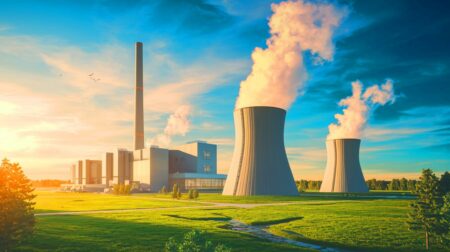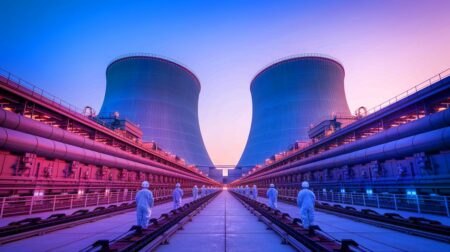It’s increasingly hard to find a person who is against renewables. And yet the brown economy is still here. How so? A new paper in WIRE’s Climate Change looks at just that question, exploring how Germany pioneered renewables but has struggled to lead due to a carbon lock-in. Luckily, there might be some ways out.
The authors suggest that discourses that penetrate policy and public discussions may act as barriers or catalyzers for change. Each discourse has a number of turning points, which can solidify the status quo or open up windows of change. If we learn to identify and use such opportunities, change may suddenly start happening much faster. But to do this, we need to first learn from history.
Turning points
In Germany, the first attempts for an energy transition date back to 1990, when the Electricity Feed‐in Act help to get it all started. The trend went on growing due to the Renewable Energy Act in 2000. However, with the Liberals taking over the government in 2009 these efforts quickly become part of the new status quo, which suggested a mix of renewables and other energy sources as a firm ground for national energy security.
This constrained subsidies to renewables, slowed down their adoption, and allowed the fossils industry to sustain its position.

A particularly notable development came after the Fukushima nuclear accident in 2011. While undermining the safety of nuclear power, it left fossils as “necessary bridges to the solar age”, slowing the further adoption of solar and wind.
Only recently, in the midst of recurring climate alarms, has Germany started to push stronger for renewables again. Meanwhile, the country’s carbon lock-in is still there. And despite plans to phase out coal by 2038, according to the most recent projections, Germany might not make the “below 2C” warming goal.
Out of the lock-in
So what can we do about those lock-ins? The best way out is to look for new turning points to help decarbonization become a key energy discourse. While these moments are hard to engineer or predict, it is possible to prepare the ground for them through lobbying for renewables and informing the public.
That way decisionmakers can seize a chance that disrupts the status quo and allows for change. But when that chance arrives, decisionmakers will need to be ready to identify it and seize it. The authors suggest that we are just starting to understand the role of discourse in the energy transition. More research can help us break out of outdated discourses and fashion new ones that promote a more livable and sustainable future.
Did you like it? 4.5/5 (23)








